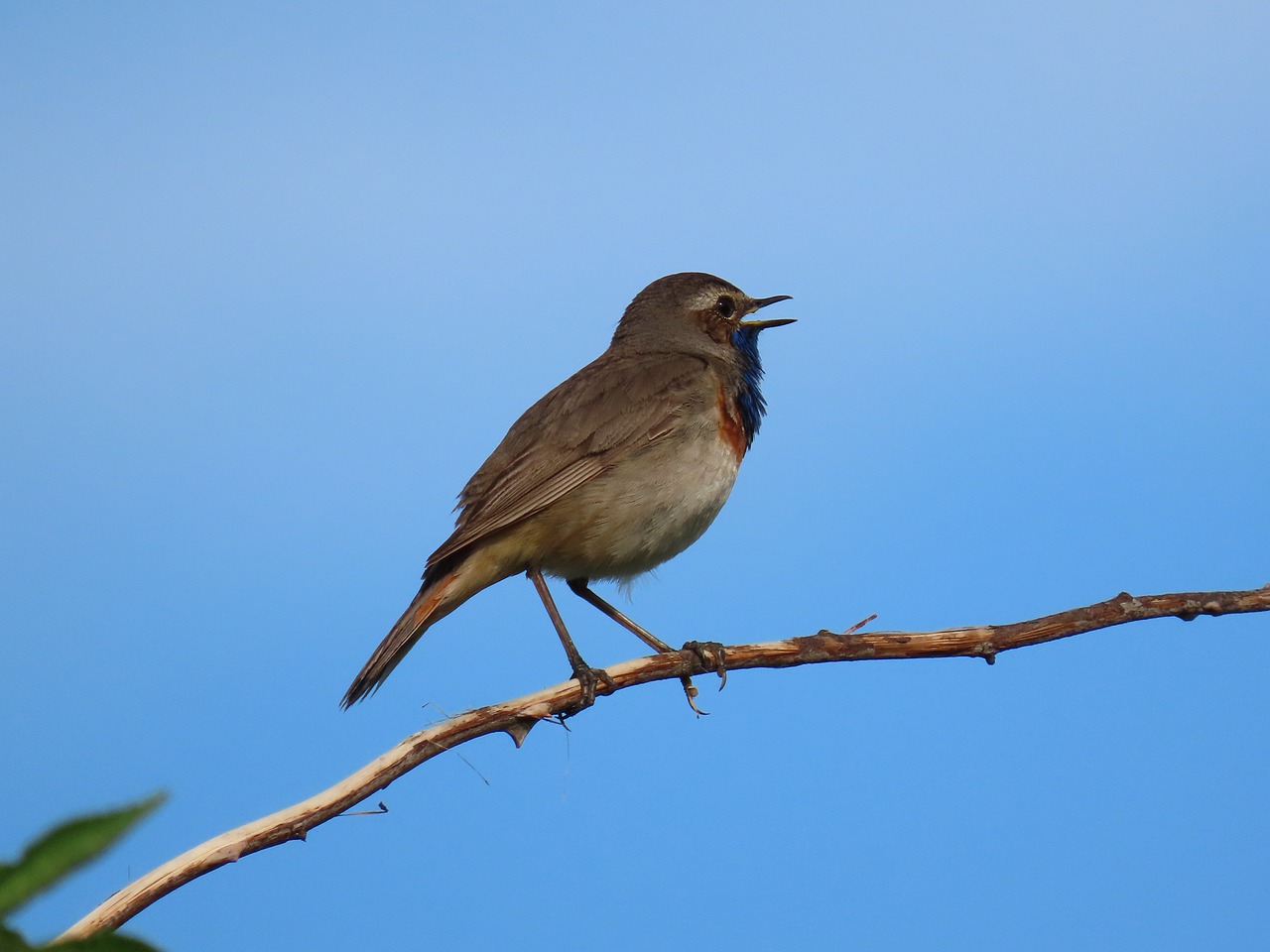The influence of weather and food supply on condition and behaviour of juvenile Bluethroats Luscinia svecica in northern Sweden
DOI:
https://doi.org/10.34080/os.v7.22974Keywords:
fat storage, climate effects, foraging ecology, migration, habitat selectionAbstract
In this study, performed in a subalpine birch forest in northern Sweden, I examined the weight and fat status of juvenile Bluethroats Luscinia svecica in relation to the weather (measured as minimum temperature, precipitation and wind-force) and food supply (measured as number of insects). The results showed that the birds suffered weight losses during days with high wind-forces, probably caused by increased energy expenditure and decreased foraging activity during these days. Moreover, the number of insects, and hence the food supply, decreased after periods with rainfall and with progress of the season. These factors were, at least partly, the reason why the birds showed overall low fat scores and were unable to accumulate extra fat at the locality. However, individuals that left the area early in the season were relatively old and carried relatively large fat reserves. These birds probably performed a short-distance migration, and presumably had the advantage of reaching more favourable sites in terms of foraging conditions.
Downloads

Downloads
Published
How to Cite
Issue
Section
License
The copyright of each contribution belongs to the author(s), but all contributions are published under a Creative Commons license, so that anyone is free to share and reuse the contribution as long as the copyright holder is attributed.







